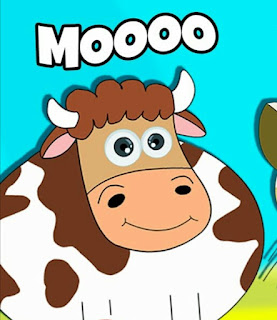ABANYALA BA KAKAMEGA: Language- Onomatopoeia and Idiophonic Words

The following is an exposition of onomatopoeia and idiophone found in Olunyala (K). The Olunyala (K) is a sub-dialect of Luhya language spoken by the Abanyala in Kakamega. Olunyala (K) is internationally coded as ISO 939-3 nle. Onomatopoeic words in Olunyala (K) are words that are an imitations of the sounds they represent. From the list it will be noted that most of them are attributive nouns. They perform the gramatical function of being both nouns and verbs: they name the immitated sound in the action of the verb therein and at the same time they are adjectives for they describes the sound named therein. These attributive nouns are formed by adding the prefix omu~ and a suffix ~o to an onamatopoeic verb to add meaning of sound-manner related to the verb. In the list, the ideophone is provided next to the verb in brackets. Omuaano- sound related to the cry of cattle or donkey in need of something. (Okhuana moo) Omubatabato- sound like ...
